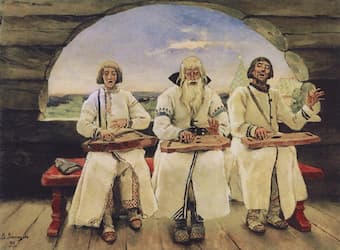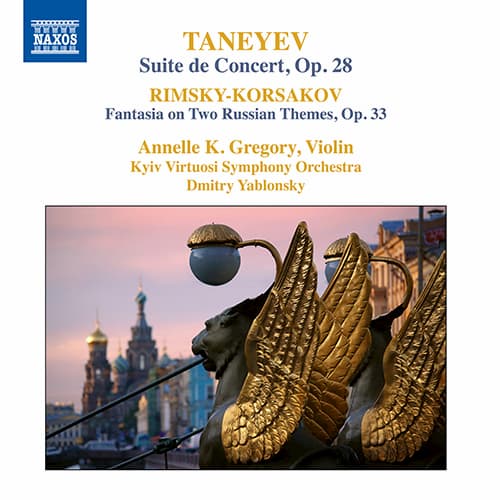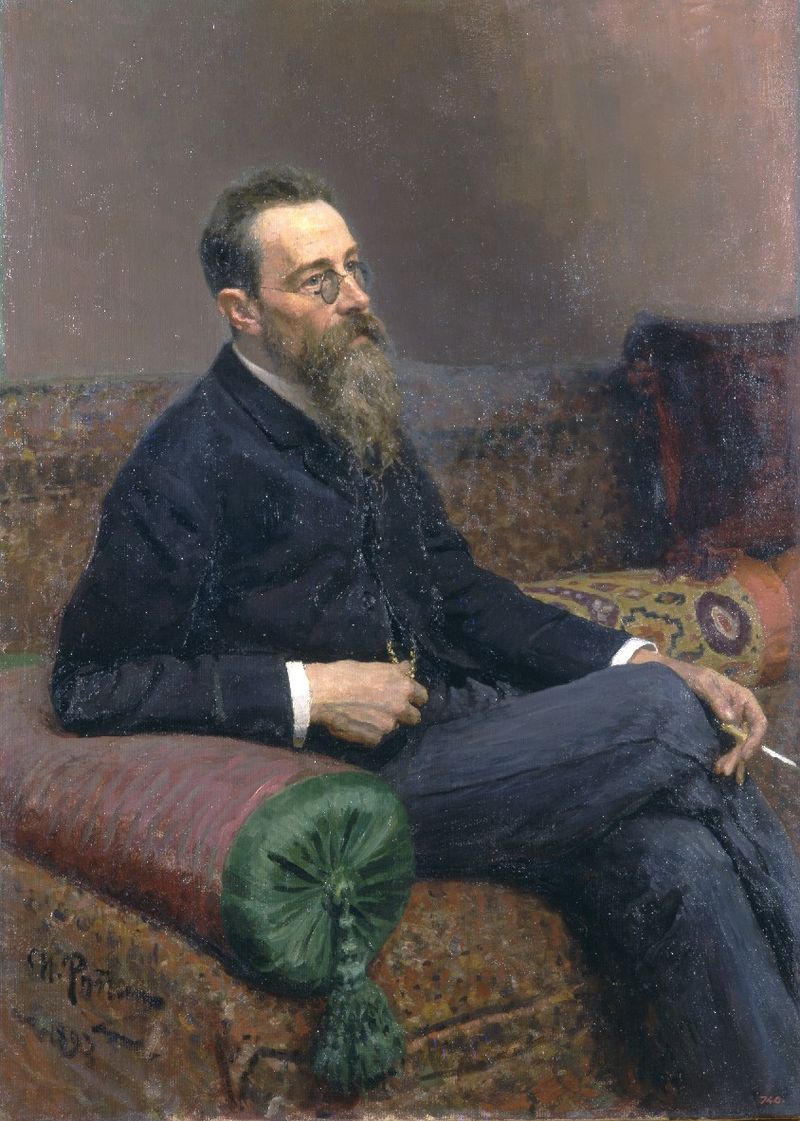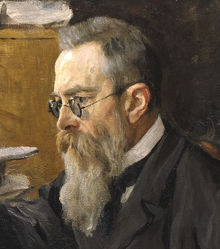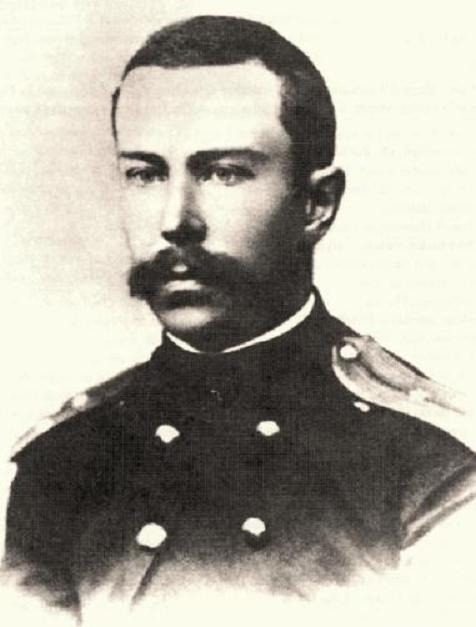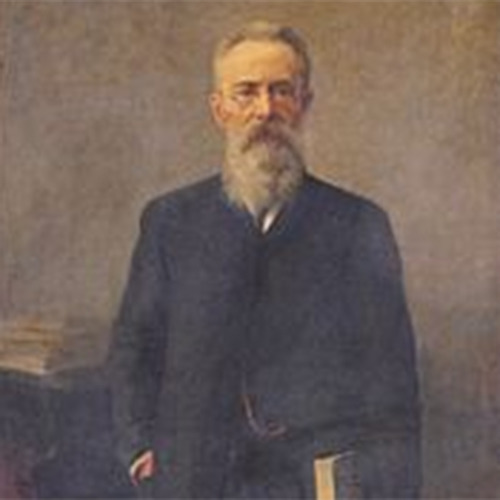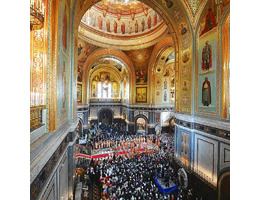One of Rimsky-Korsakov’s most beloved operas in Russia was Sadko, a tale of a musician-fisherman who makes good. This opera was given its premiere in 1896 and was staged in Moscow in 1898. The opera’s libretto was written by the
Rimsky Korsakov
Nikolay Rimsky-Korsakov (1844-1908) came of age as a composer just as Russia was having a resurgence of national feeling in music. In 1861, he met Mily Balakirev, a composer who would be the founding spirit of the later group known
The Russian composer Nikolai Rimsky-Korsakov (1844-1908) was unusual in that he combined his music career with his professional career in the Russian Navy, first as an officer in the Navy and then as inspector of the Naval Bands. His musical
Russian folklore and literature is incredibly rich in colorful tales of supernatural magic with decidedly down to earth morals. And the fairy tale of the “Golden Cockerel,” written by the great Alexander Pushkin in 1834 is no exception. For Rimsky-Korsakov,
Nikolai Rimsky-Korsakov (1844- 1908) started his career in the navy, entering the Naval Cadet College in St. Petersburg at age 14. It was a fortunate choice of city because it gave the nascent composer a chance to continue his piano
“Minors of the Majors” invites you to discover compositions by the great classical composers that for one reason or another have not reached the musical mainstream. Please enjoy, and keep listening!
Franz Liszt famously proclaimed that instrumental music attempting to communicate or carry meanings, messages or concepts that originate from outside music itself, do need to carry a narrative or descriptive program in order to be understood. This program, essentially a

